detail profile j n canabarro
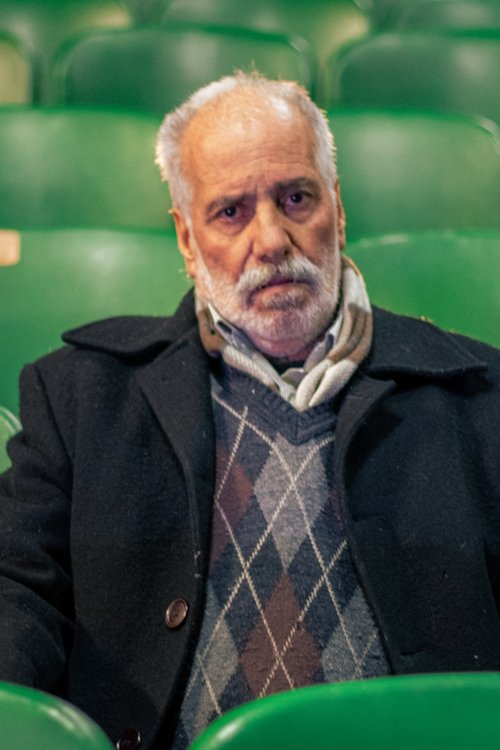
J.N. Canabarro
José Newton Ribeiro Canabarro
atau dikenal sebagai
Riwayat Hidup
J.
N.
Canabarro began his career in the south of Brazil as an actor in a local theater company.
Later, in his own theater company, he became a director, set designer and actor.
At the beginning of the 1980s, he had his first experience in cinema, acting in a Super 8 production, "Tempo sem Glória".
From then on, he dedicated himself to regional and national productions.
He has also appeared as an actor in TV series such as TV Globo's "O Tempo e o Vento" in 2014 and GNT's "Animal" in 2014.
He has extensive experience acting in films, most recently in the film "Casa vazia", which won an award at the Gramado Film Festival (Brazil) in 2019.
His most recent production is the feature film O Velho Nepo, scheduled for release in 2025.
Info Pribadi
Peran Yang Di Mainkan J.N. Canabarro
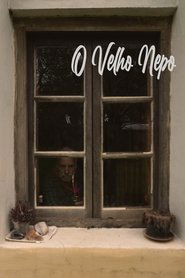 In a small town in the...
In a small town in the...Old Nepo 2025
In a small town in the pampas of Rio Grande do Sul, Brazil, economic and agrarian changes are directly affecting the lives of small farmers. Nepomuceno, a man who has worked all his life raising cattle, suddenly finds himself threatened by a large soy producer who is interested in his land. The conflict becomes more intense when it affects members of his family and old Nepo has to defend his land and his family at all costs.
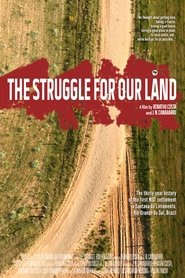 In 1991 67 families were settled in Brazil...
In 1991 67 families were settled in Brazil...The Struggle for our Land 2022
In 1991, 67 families were settled in Brazil. It became one of the biggest clashes between the Landless Rural Workers Movement and the local elite. The doc revisits the history of the Liberdade no Futuro settlement, in these 30 years.
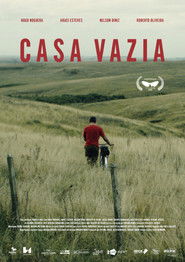 Ral is an unemployed cattleman that...
Ral is an unemployed cattleman that...Empty House 2021
Raúl is an unemployed cattleman that lives in an isolated house on the fields. The landscape of pastures is being superimposed by huge soy plantations. Devastated by poverty, he joins a gang of other peasants that steals cattle during the darkness of the nights on the pastures.
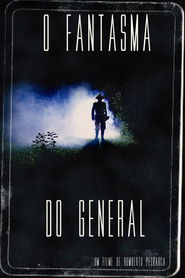 The short film tells the story...
The short film tells the story...The general's ghost 2015
The short film tells the story of Negro Facundo Sombra, a Farroupilha hero who is visited by his former commander, General Netto, who asks him to fight in the Paraguayan War. After five years, Sombra returns from the war and tries to return home, which turns out not to be easy.
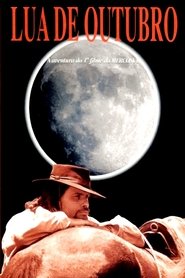 Arzabal wins land on the border...
Arzabal wins land on the border...Lua de Outubro 2001
Arzabal wins land on the border. When he arrives to settle in, he finds himself confronted by the local political boss, unenthusiastic about his landing. Based on the play by Mario Arregui.
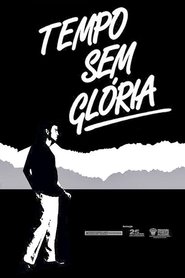 Brazil 1964 military dictatorship The young Juca...
Brazil 1964 military dictatorship The young Juca...Tempo Sem Glória 1984
Brazil, 1964, military dictatorship. The young Juca lives in countryside and is influenced by an outsider Uruguayan smuggler. This man happens to live with the adolescent and transmit to him what he knows about life and social relations. Later, influenced by Paula's life force, a young left-wing activist, Juca, progressively joins political activism and then into clandestine direct-action groups.
